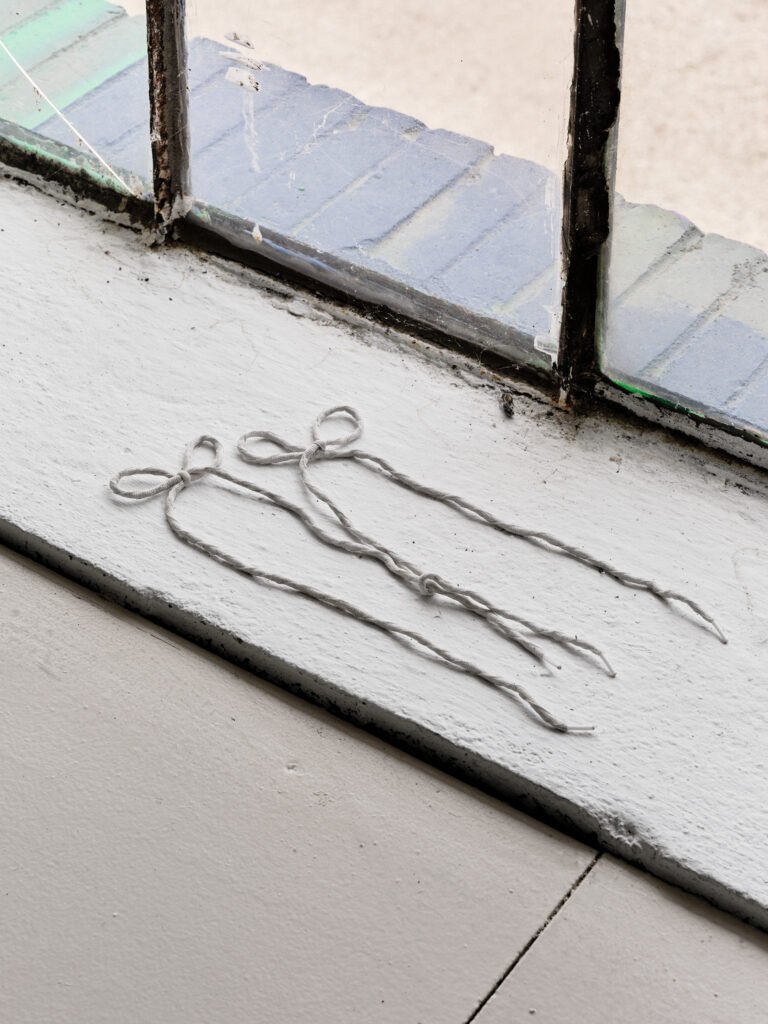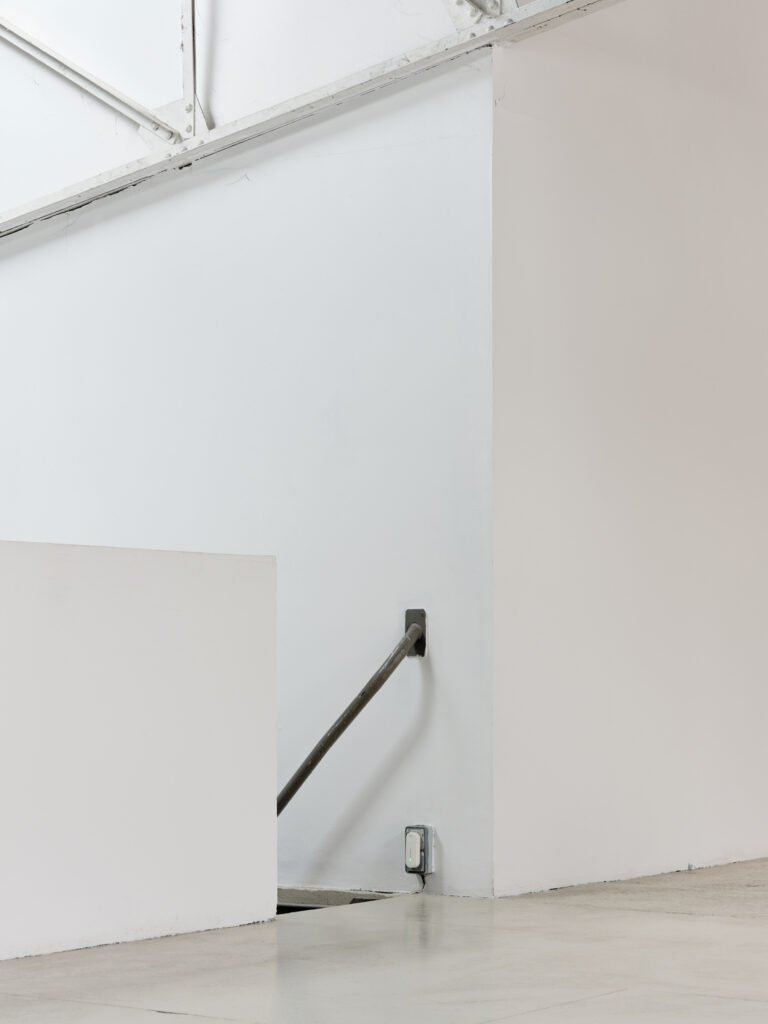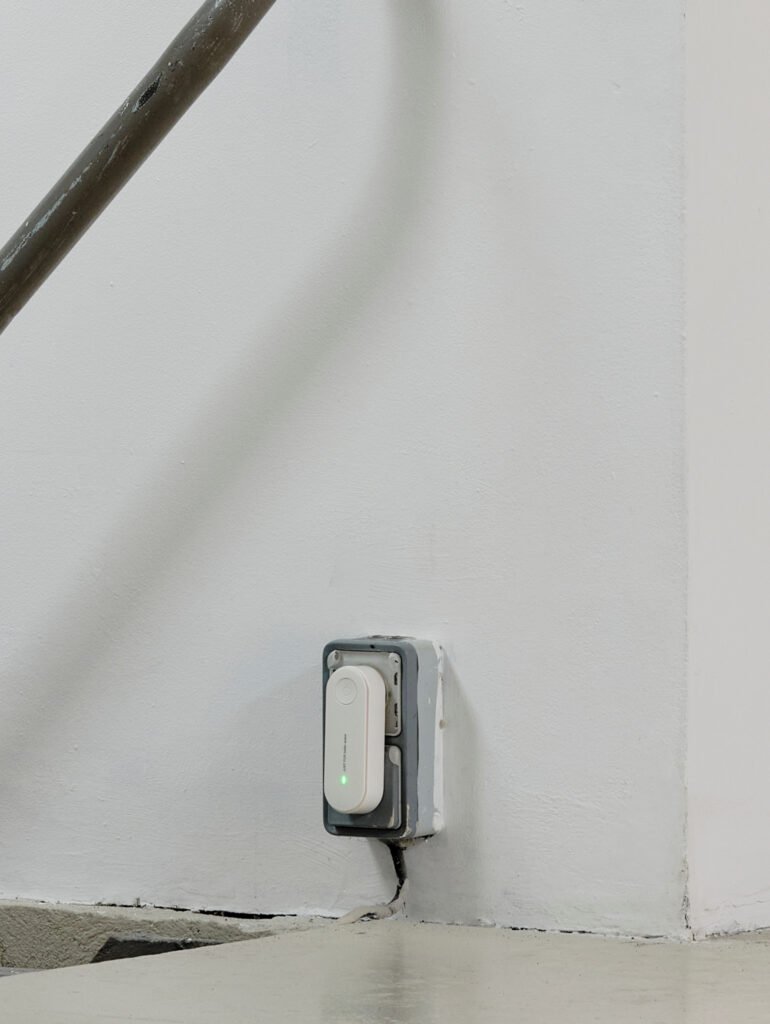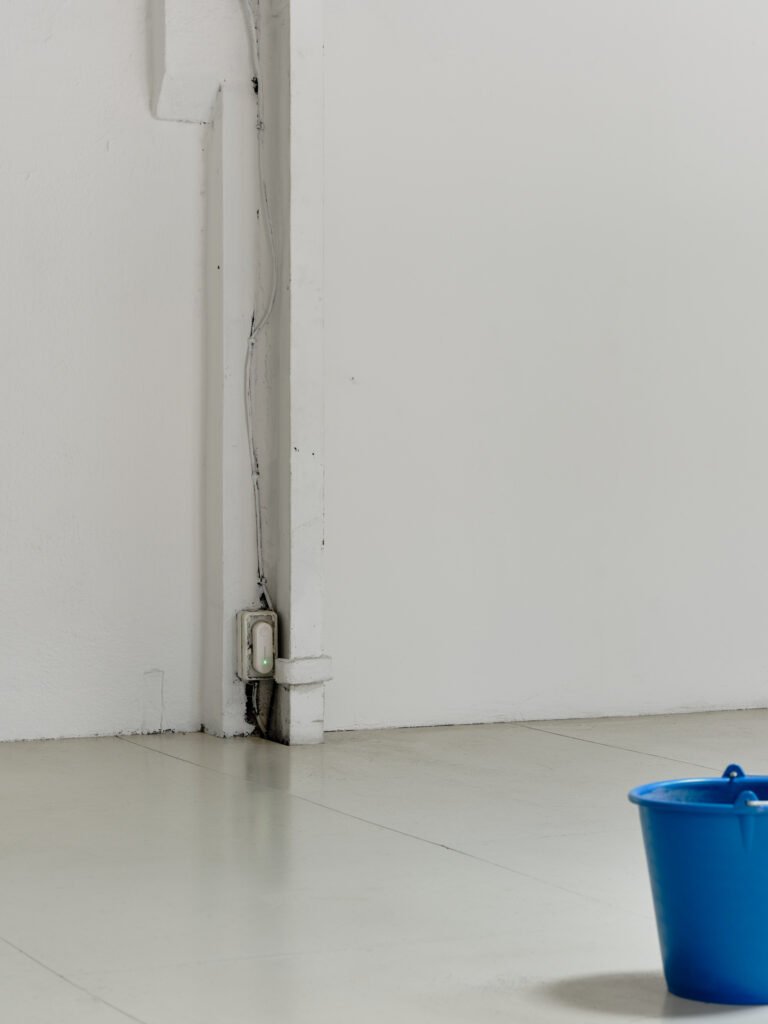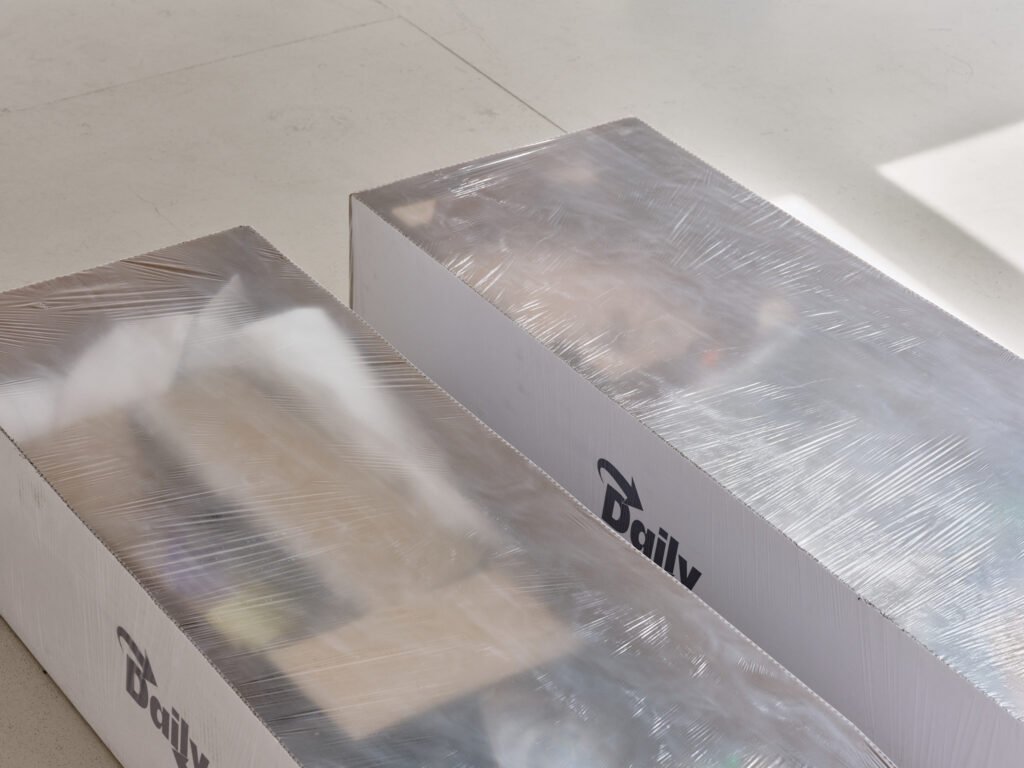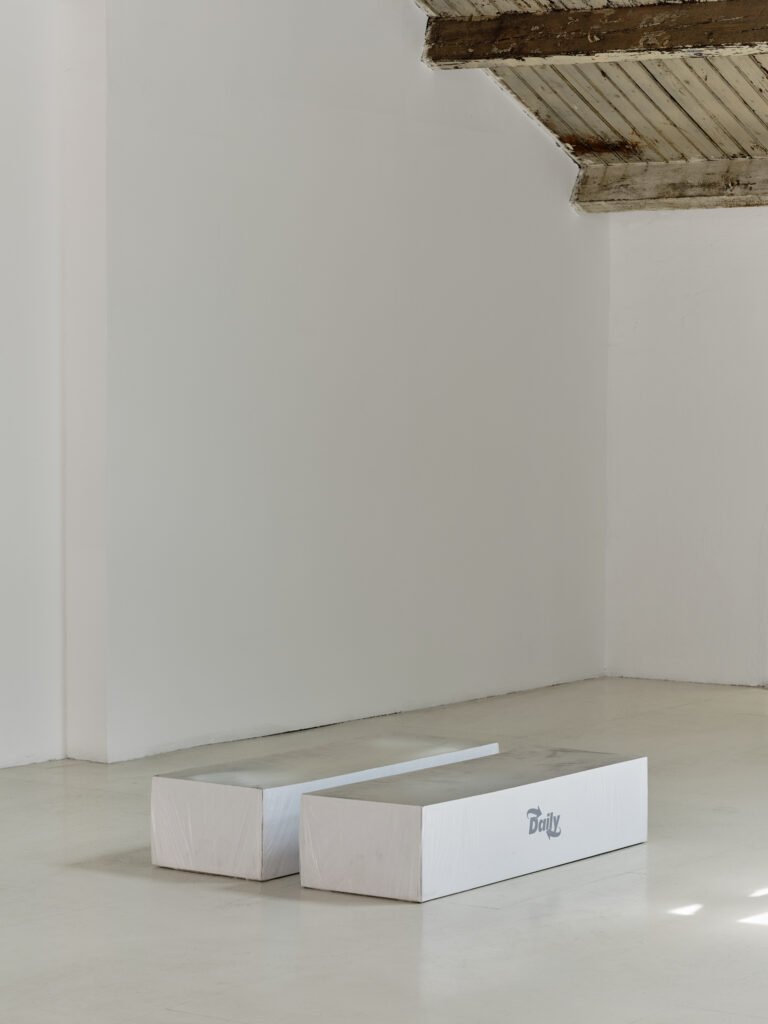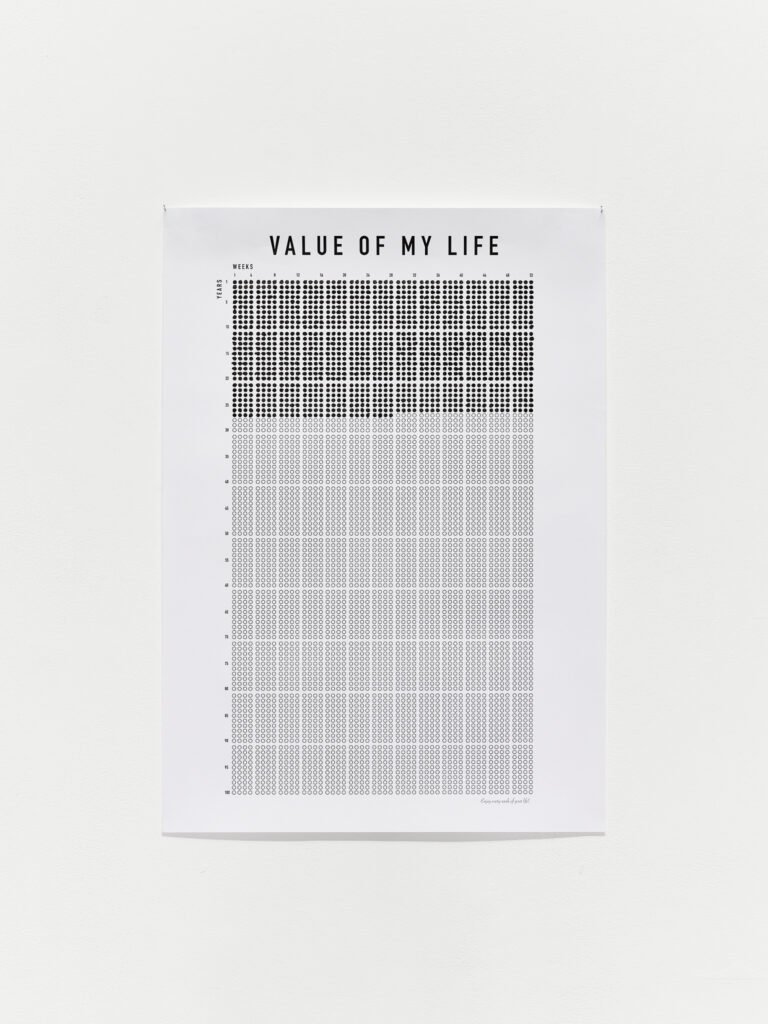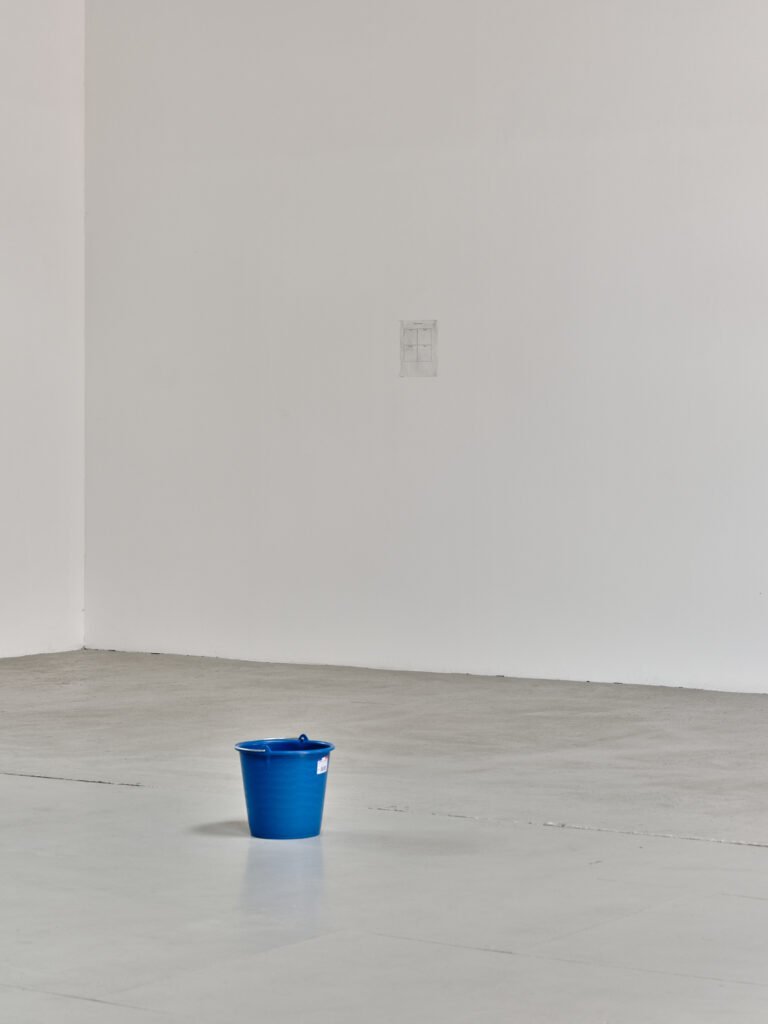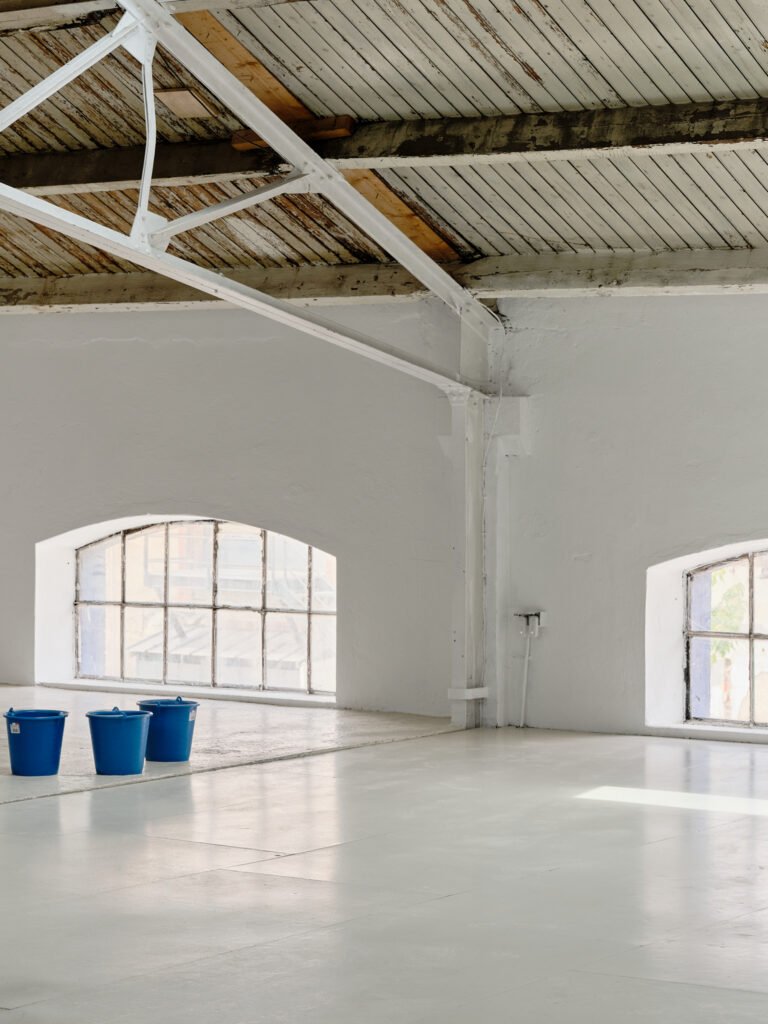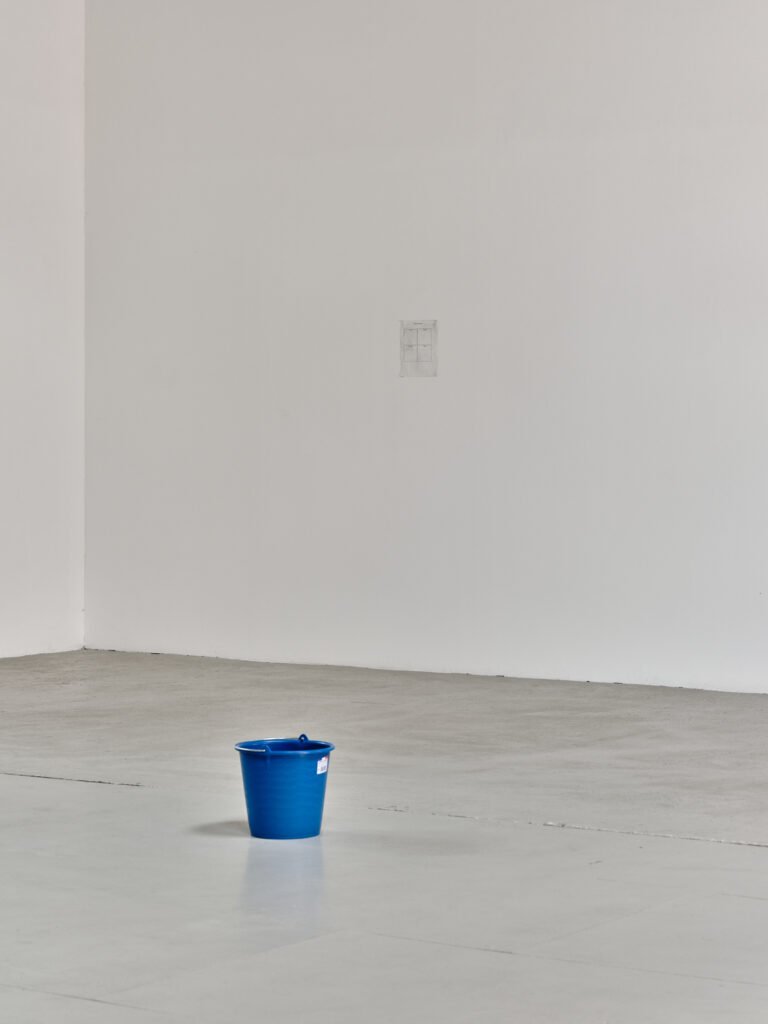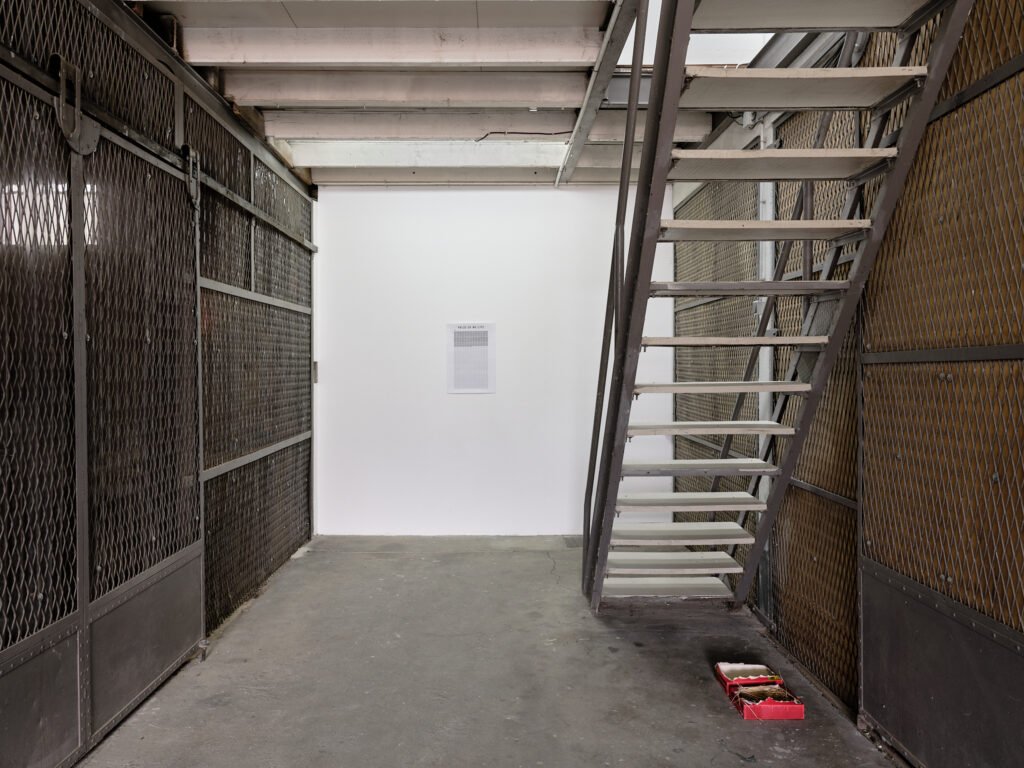empire
A Sunday or a public holiday. The kind of day when everything seems to have stopped. He has no appointments, no one to see, nothing scheduled. A free day. An empty day. He lives in one of those spaces said to be renovated, converted, a former soap factory whose cruelty has been forgotten. A building that once housed suffering, exploitation, tears, intoxication, subordination, bent backs, outstretched working hands. Today the skeleton of scrap metal, the beautiful arched windows, the glass roof, the concrete floor, the sheet metal, the bricks, and the exposed pipes have been neutralized. It has good taste—understand, modern comfort. Everything seems to work well in his place; the intensity of the lamps is adjustable, the kitchen cabinets are invisible, he had the concrete polished. From the vestibule to the first floor, the atmosphere is marked by a frank minimalism, discreet decorative objects. A contemporary space, charming and clean, if not clinical.
Already one-thirty in the afternoon. A deceptive hour, making one believe they have their whole life ahead of them. Nothing planned, no one to see, a free day. The week went by quickly, he works late, the loft is expensive, and he wants to soundproof the roof that makes noise with every downpour. Lying on his grey sofa, he tries to think about his life. One could say he’s probing his soul. But before he even scratches the surface of his subconscious, his gaze catches a dust bunny; there, just beside the cabinet hiding the TNT decoder. He doesn’t have a TV, but the device came with his “premium internet box” subscription. He also has a landline phone, not connected, stored in a corner of the cabinet. He thinks about the irony of the name of this so-called convenience furniture, meant to make life more pleasant, ending up serving as a refuge for his electronic equipment, which has become cumbersome for his inner peace, weighing heavily on his taste for emptiness. But one must connect to the global computer network, quite an aesthetic! In the time it takes to read these few lines, he is already on all fours, small vacuum cleaner in hand, scraping the corners of his almost empty living room. He should buy a cleaning robot. Cleanliness impulse satisfied, he goes to rest in the bedroom suite—a criterion when he bought the place, as was the so-called atypical architecture. He takes a shower, throws his sky-blue towel on the corner of the railing leading to the vestibule. He doesn’t see that the zenithal light accentuates the shadows of the wet towel so much that it looks like a sculpture.
Sitting on the floor, he nibbles on some hastily bought fruit from the day before, their carcasses gradually abandoned at his feet. He’s depressed, he even drew the blackout curtains over the glass roof. They say he’s wallowing in darkness. Only he notices that the spotless old factory is never completely dark. The green light of the decoder disturbs his tranquility, there’s also the red of the microwave clock. The color reminds him of the cherries he ate, and the time of this afternoon passed so quickly, while nothing was planned, no one to see, a free day, except for some cleaning details. A day spent arranging his comfortable apartment. He has attuned himself to his living space. And yet water still drips in the vestibule, there’s a leak. He mustn’t forget to change the buckets, every two hours. Every morning, the entrance is wet because he can’t keep watch during his sleep, even though he sleeps poorly: the noise obsesses him. He wonders if the echo of the falling drops is amplified by the metal stairs, some walls of the loft, and the roof. He feels that his dream is turning against him, the idea of having a place of his own mattered to him.
He thought he needed time for himself, that he liked living alone, that he was introverted, one of those who recharge their social batteries in the privacy of their home. It’s failed, he can’t fall asleep, tosses and turns in his department store grey sheets. It itches. He wonders if he has ironed his shirts properly for the week. He turns over, even with his eyes closed he perceives, in patches on his eyelids, the light from the microwave, the blinking decoder. He left the window open, a gnat got in. He hopes it hasn’t laid eggs in the kitchen, thinking about the risk of a parasite invasion. A glass of anxious water at the kitchen sink. On the way back to bed, he crushes the fruit carcasses from the afternoon: pits, a banana peel, and three apple cores. He feels like his waste is looking at him with mockery, reminding him that nothing can be left lying around in a large American open space, comfortable, an open space. He is still not dreaming, he will start teleworking tomorrow, it’s three-thirty. The night drags on. And yet he had nothing planned, no one to see, free time, for himself, an empty day, the opportunity to see what comes. Everything was possible. Only he had forgotten the life of ordinary objects, the balancing act that a tasteful apartment requires, everything is visible, the constraints of modern comfort, the troubles of leading this life. The ascendancy of objects we forget to look at, those that watch us, everyday ones. Such invisible power weighs, it’s the arrangement of days, their layout. It matters in the scale of worries. To weigh everything, organize everything. He’s going in circles. He suffocates. On Sunday, life is worse. (text by Remi Guezodje)



